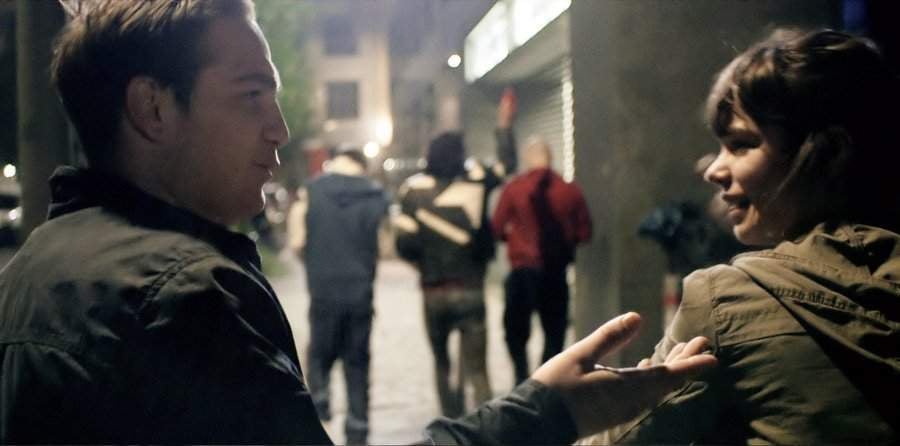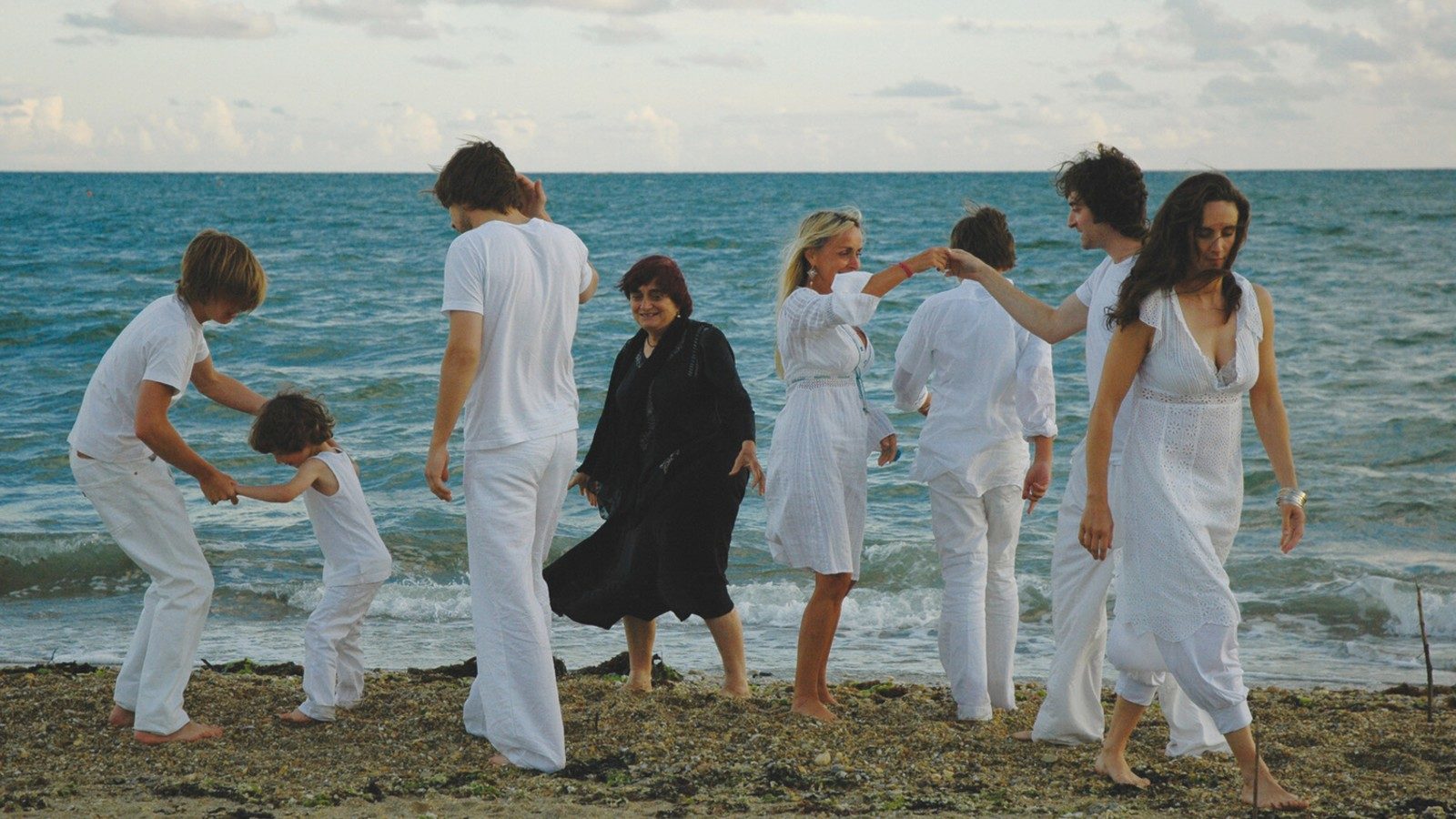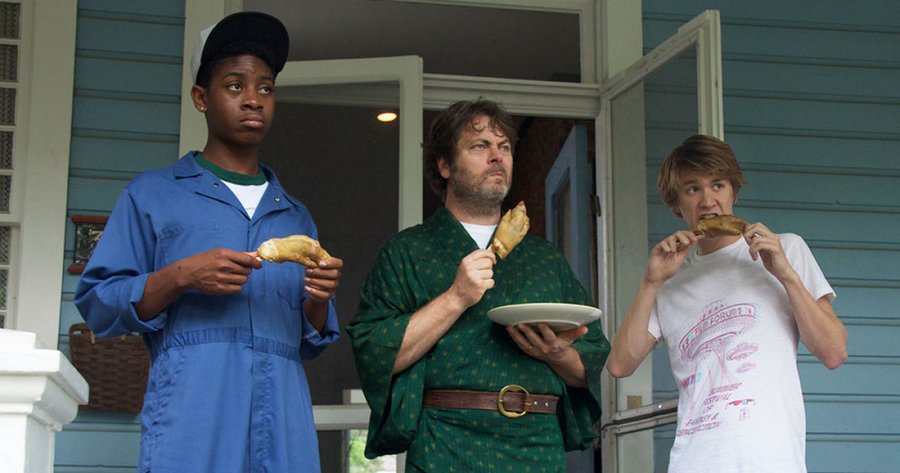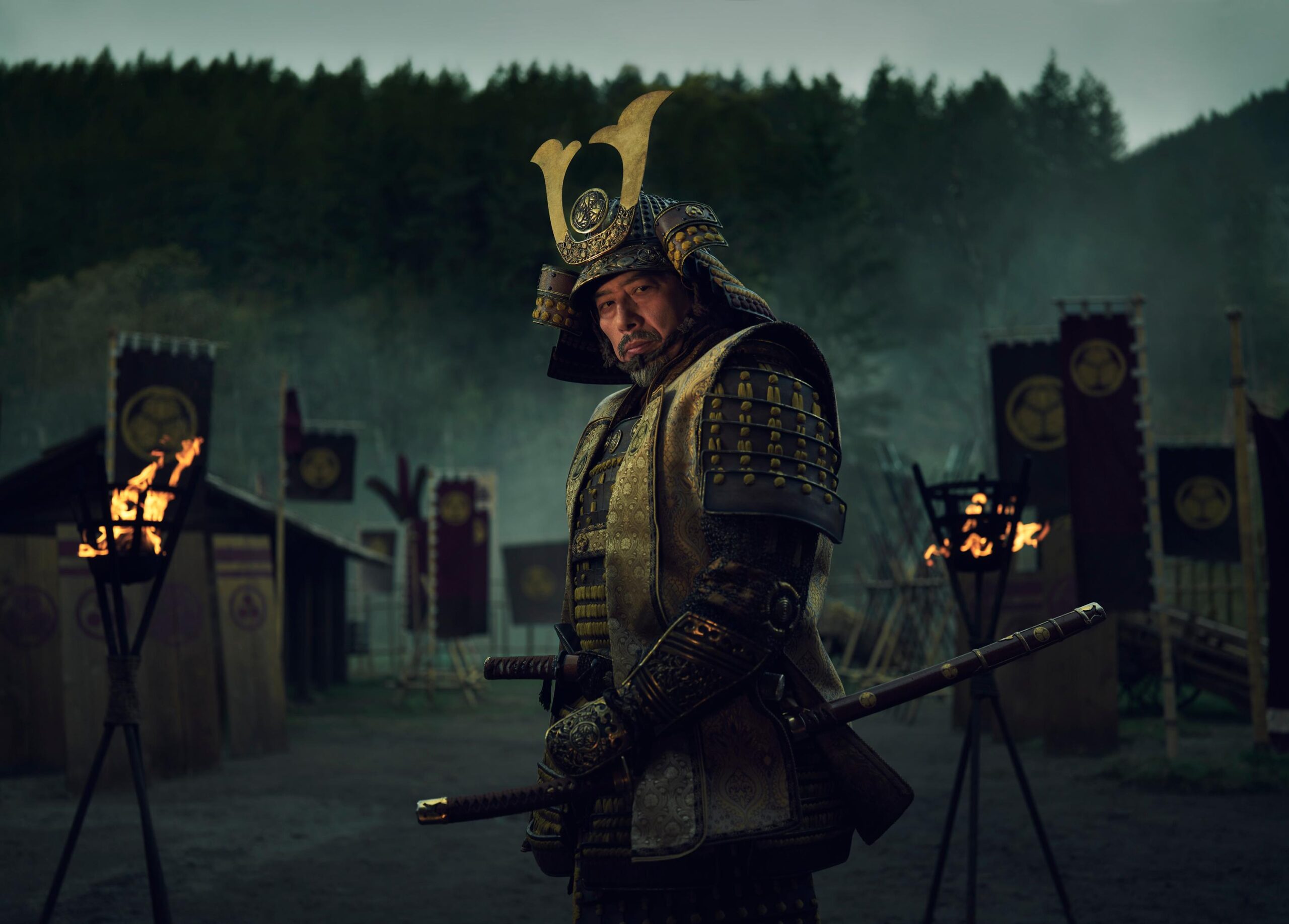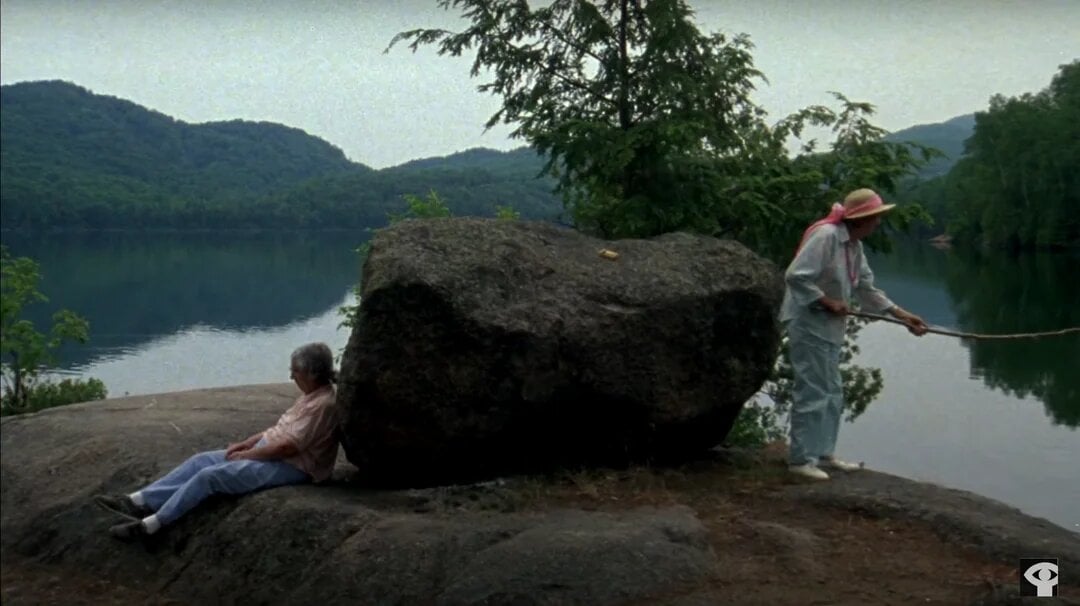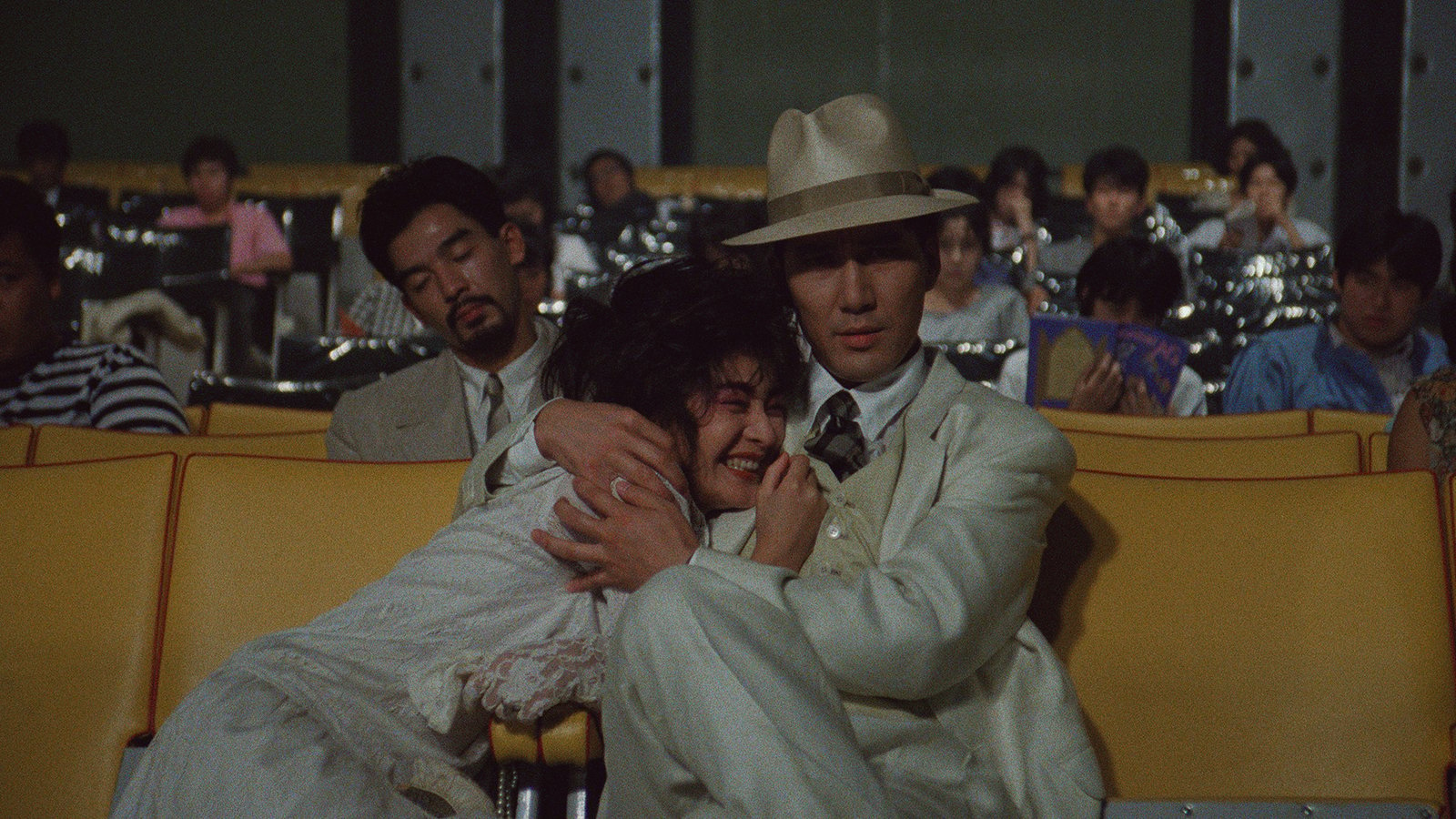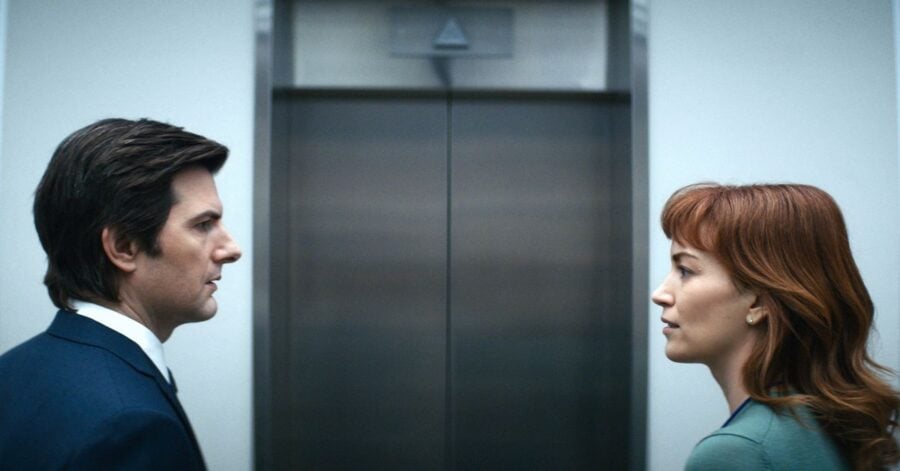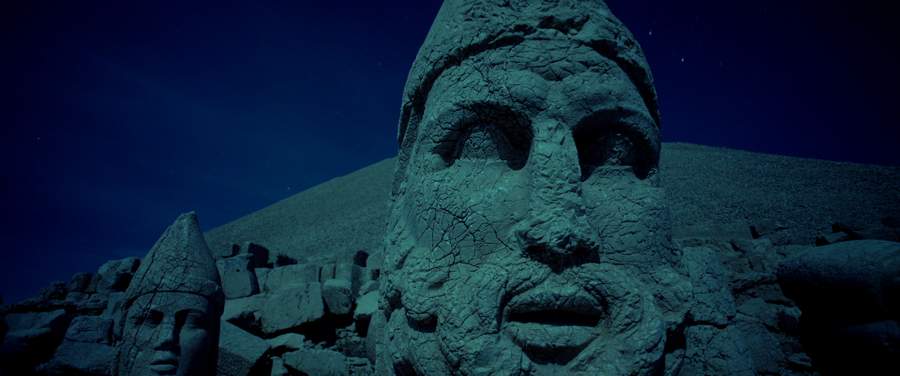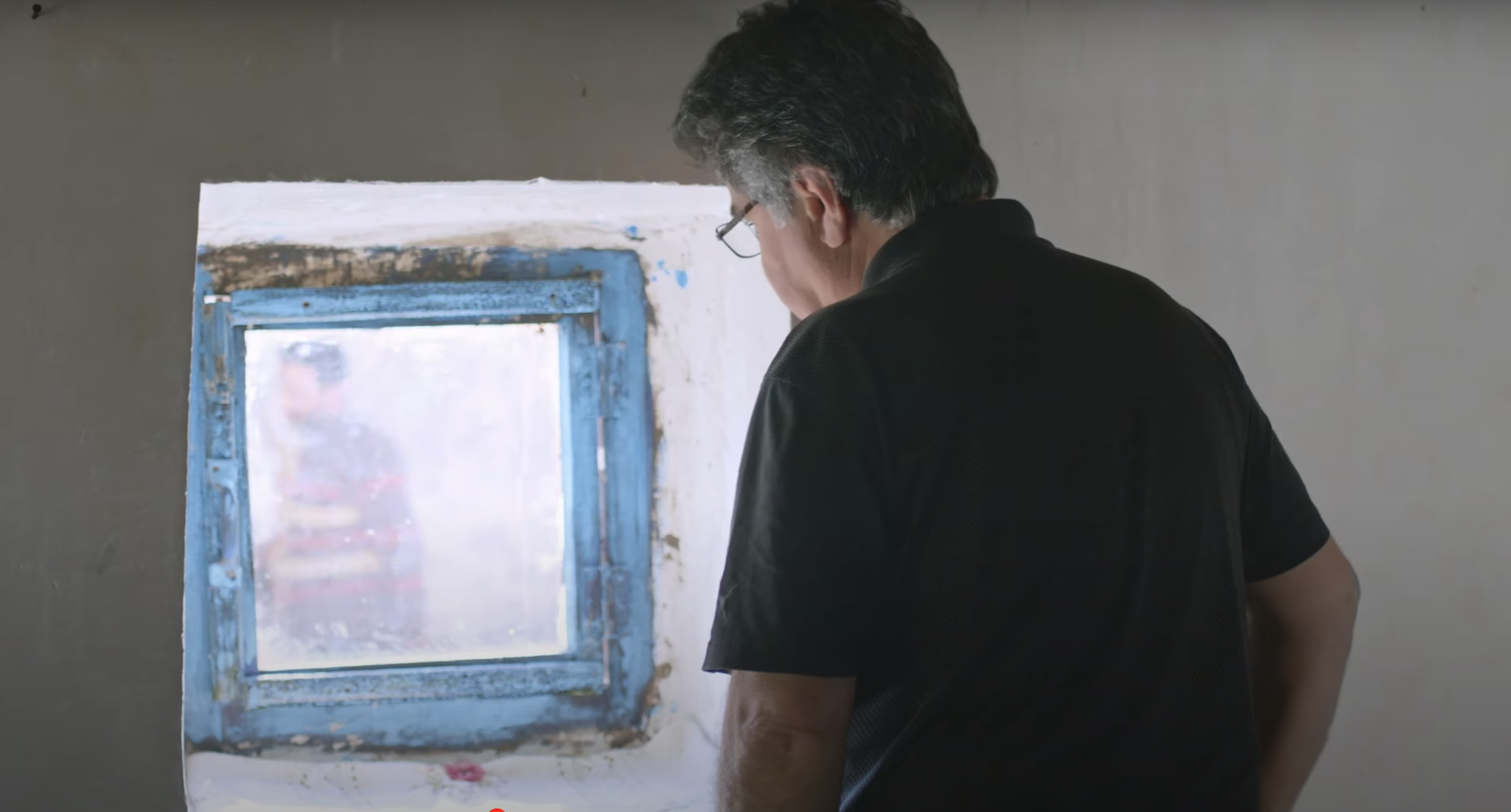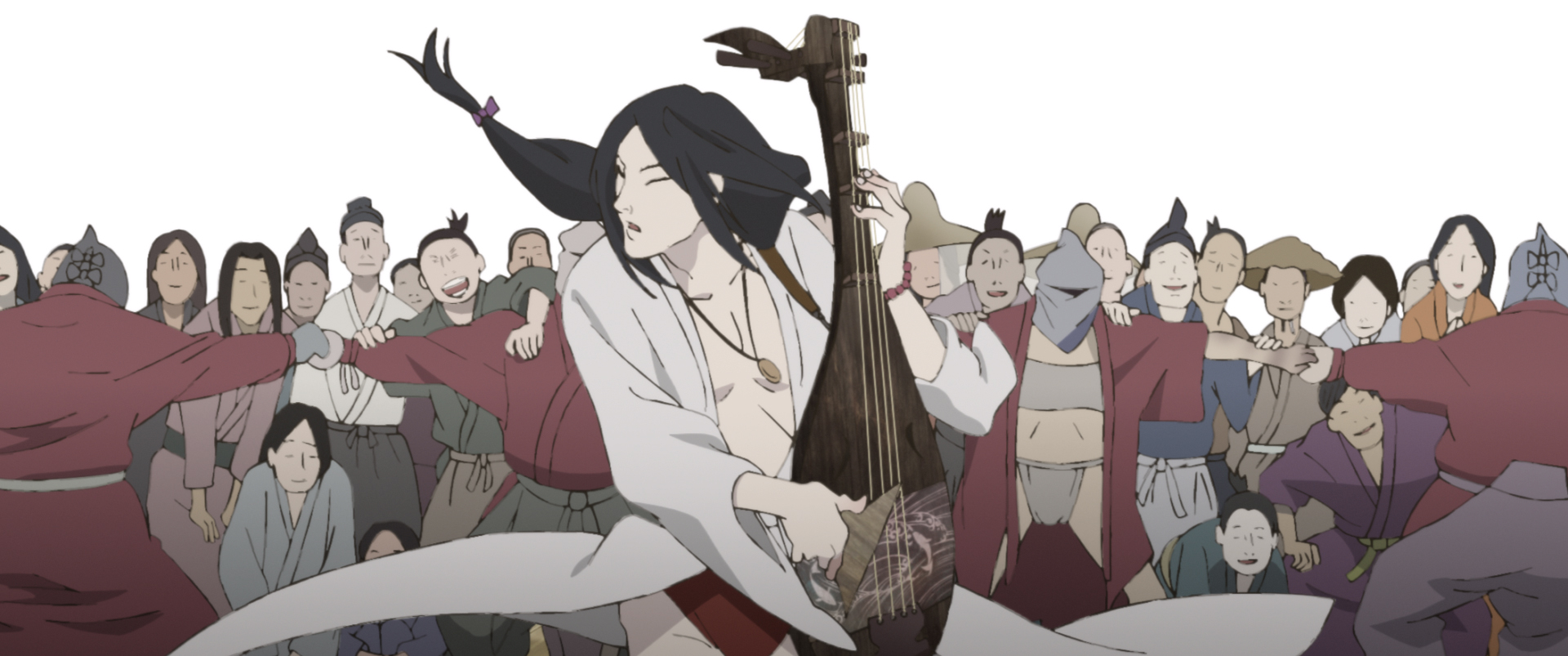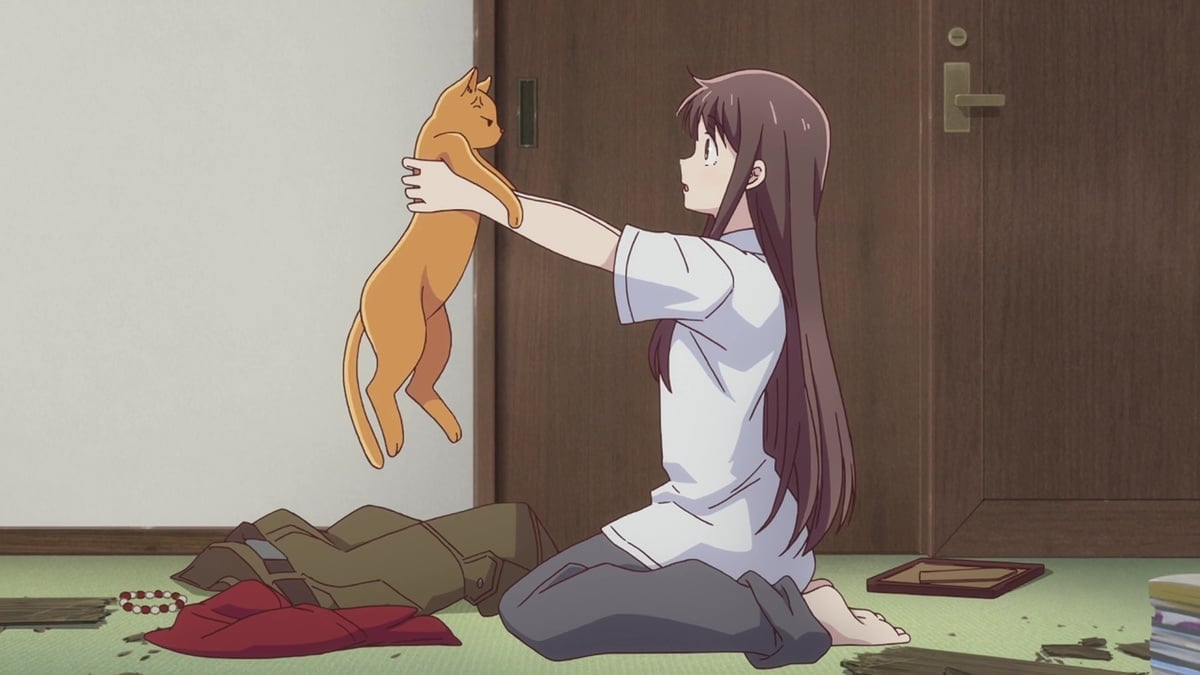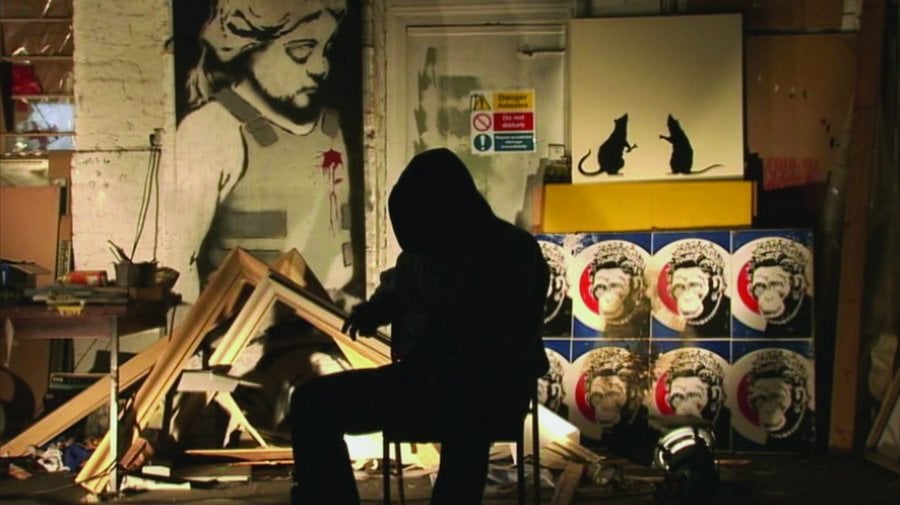Much like Berlin’s infamous nightlife, which serves as the backdrop to the plot, this daring German real-time drama will eat you up and spit you out. After leaving a nightclub at 4am, Victoria, a runaway Spanish girl, befriends a gang of four raucous young men, climbing rooftops and drinking beers among the city’s moon-lit streets. The gang’s light-hearted banter is impressively improvised from a skeleton script, offset by Niels Frahm’s ominous original score.
But what starts out as late-night high jinks swerves into darker territory. Driven by her infatuation with the pack leader Sonne, played by Frederick Lau, Victoria ends up being recruited as a get-away driver for an ill-prepared bank robbery and loses herself in a sinister spiral of events. What sounds like a standard-issue crime drama is, in fact, a staggering cinematic experiment.
Filmed in one take, on location, and in real time, the movie’s production is indeed a gamble, but director Sebastian Schipper more than pulls it off. The claustrophobic camerawork of cinematographer Sturla Brandth Grøvlen leaves the viewer feeling like a hapless accomplice to Victoria’s plight. With Laia Costa giving an awe-striking lead performance, the high wire acting of the entire main cast only adds to this effect. Victoria is a stellar directorial debut, heart-stopping drama, and a truly immersive experience.
Genre: Crime, Drama, Romance, Thriller
Actor: Adolfo Assor, Andre Hennicke, Anna Lena Klenke, Anne Düe, Burak Yigit, Daniel Fripan, Dennis Oestreich, Eike Frederick Schulz, Eike Frederik Schulz, Franz Rogowski, Frederick Lau, Hans-Ulrich Laux, Laia Costa, Lena Klenke, Martin Goeres, Max Mauff, Philipp Kubitza, Timo Honsa
Director: Sebastian Schipper

